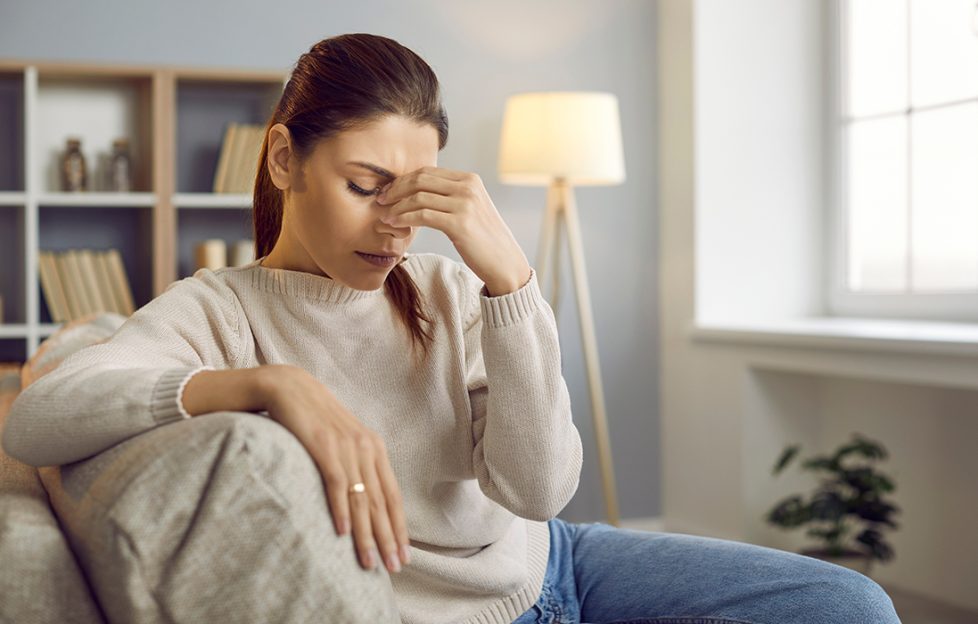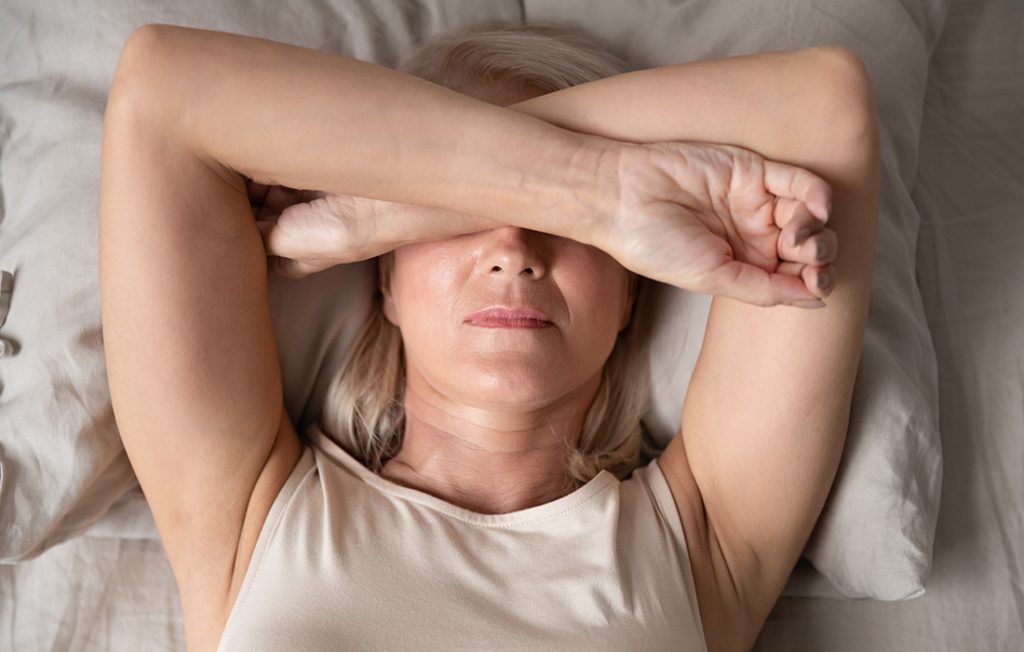Dr Philippa Kaye On Migraines

Are migraines impacting your daily life? Dr Philippa Kaye is here to help…
Cassie came into my surgery with inflammation of her ear canal, for which I prescribed ear drops. When I was doing her prescription, she asked for a repeat prescription for migraine medication.
After talking to her and looking at her medical records, it appeared that she got a migraine once every month or two, which she told me she managed by taking the medication when she felt a migraine coming on.
Cassie asked if there was anything she could do that would prevent her getting migraines. I advised her to start a migraine diary, documenting information such as where she was in her menstrual cycle when the migraine hit, what she had eaten and drank that day, whether she had done exercise, what the weather was like (eg heatwave), if she had been somewhere with a different environment such as a loud concert, how much screen time she had had and whether she had been stressed.
What can trigger migraines?
People who have migraines have brains which are hypersensitive to their environment.
Cassie asked about whether she needed to cut something out of her diet and wondered if chocolate was triggering her migraines.
Although approximately 1 in 10 people will have a food trigger for their migraines, chocolate is less likely to be the cause than other foods such as cheese.
Research suggests that eating chocolate is more likely to be a food craving in the first stage of a migraine which is already happening, as opposed to a trigger to one.
Some research has suggested that eating a diet high in omega 3 oils from oily fish such as salmon and mackerel may help reduce migraines.
Other dietary triggers for migraines include eating meals irregularly or not eating enough, being dehydrated and drinking alcohol.
Can medication cause migraines?
Medication can also trigger migraines. This includes certain sleeping pills or the combined oral contraceptive pill.
However, for some women with particular kinds of migraines related to PMS, taking the combined contraceptive pill can help!
Migraines can also worsen or become more frequent around the perimenopause and menopause, and HRT may be helpful. Migraines can be triggered by changing sleep patterns, being tired or working shift work.
Is environment and stress also a factor?
Your environment can also have an effect as migraines can be caused by loud noises, strong smells, glaring bright lights or more time than usual spent looking at screens.
Factors which trigger migraines can be psychological as well as physical, such as stress and anxiety.
But just as stress can cause migraines, so too can relaxing. Sometimes people get what is known as a “weekend migraine”, where they manage stress all week and the migraine is triggered by relaxing at the weekend.
The aim of keeping a diary is to work out what triggers your migraines and what changes need to be made to prevent a migraine occurring.
This isn’t always possible, though, and if you are struggling with pain relief during a migraine, how often your migraines are occurring or have any other concerns please seek medical advice.
What treatments are available?
Remedies start with over-the-counter treatments such as paracetamol, and anti-sickness medication if you feel nauseous or vomit with your migraines. Other treatments include triptans, a group of medications which affect serotonin in the brain.
If you are getting migraines regularly, more than five days per month, or if you are struggling to manage the symptoms, please see your GP. There are medications available to prevent migraines occurring.
Advice given in this article and on the My Weekly website and magazines is not meant to replace personalised medical advice from your doctor. If you have any health concerns please see your doctor.
Article written on February 15, 2024; article reviewed and updated on December 17, 2024.
Each week we’ll ask Dr Philippa Kaye to talk about a prominent health issue, so look out for more articles in our health and wellbeing section in coming weeks. Read her advice on Back Pain, Skin Cancer, Allergies, Parkinson’s Disease, Shingles, Ovarian Cancer, Endometriosis, Long Covid and Ticks and Lyme Disease.







